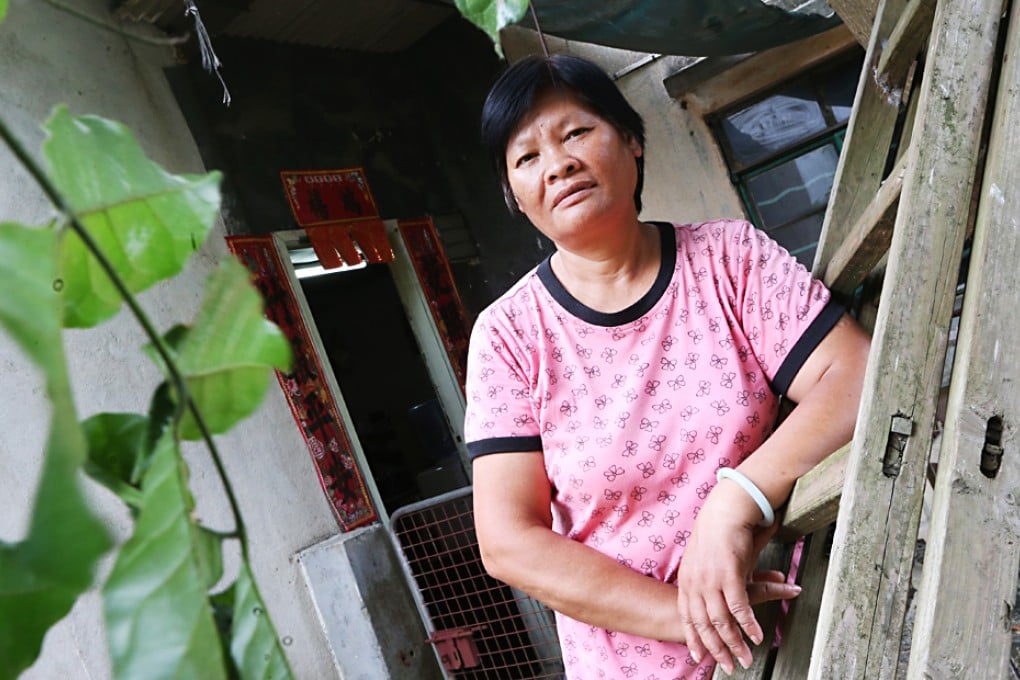New Territories villagers fear way of life will be lost with homes
Minimal compensation and, for the lucky, a public flat await those who will be displaced if two controversial new towns get approval

When Kwu Tung North villager Ko Tat-ze’s husband died four years ago, she drew comfort from the fact that he would be laid to rest according to his final wish.
“Before his death, he reminded everyone that his roots were embedded in this village; that he was born here, raised here and that he would die here,” the 60-year-old says.
“When I go, I want to die in this same village too. I know for certain I will meet him again.”
But the prospects of Ko getting her wish are becoming slimmer as the government ramps up preparation work for Kwu Tung North, among several other villages, to make way for the development of two new towns in the northeastern New Territories.
Their woes help explain the high-profile protests outside the Legislative Council building last week and threats of more demonstrations tomorrow. But the likelihood is growing that thousands of villagers will have their homes razed to the ground as early as 2018.
Because their villages were established after the New Territories were leased to Britain in 1898 they are considered “squatters” and are not entitled to have their villages relocated when developers move in. The most they can expect is a public flat and HK$600,000 per household.